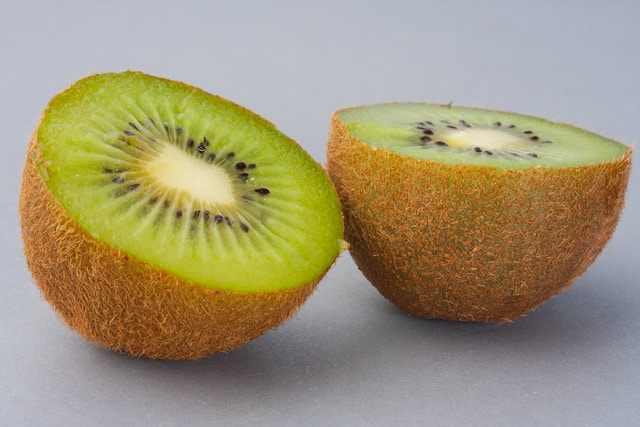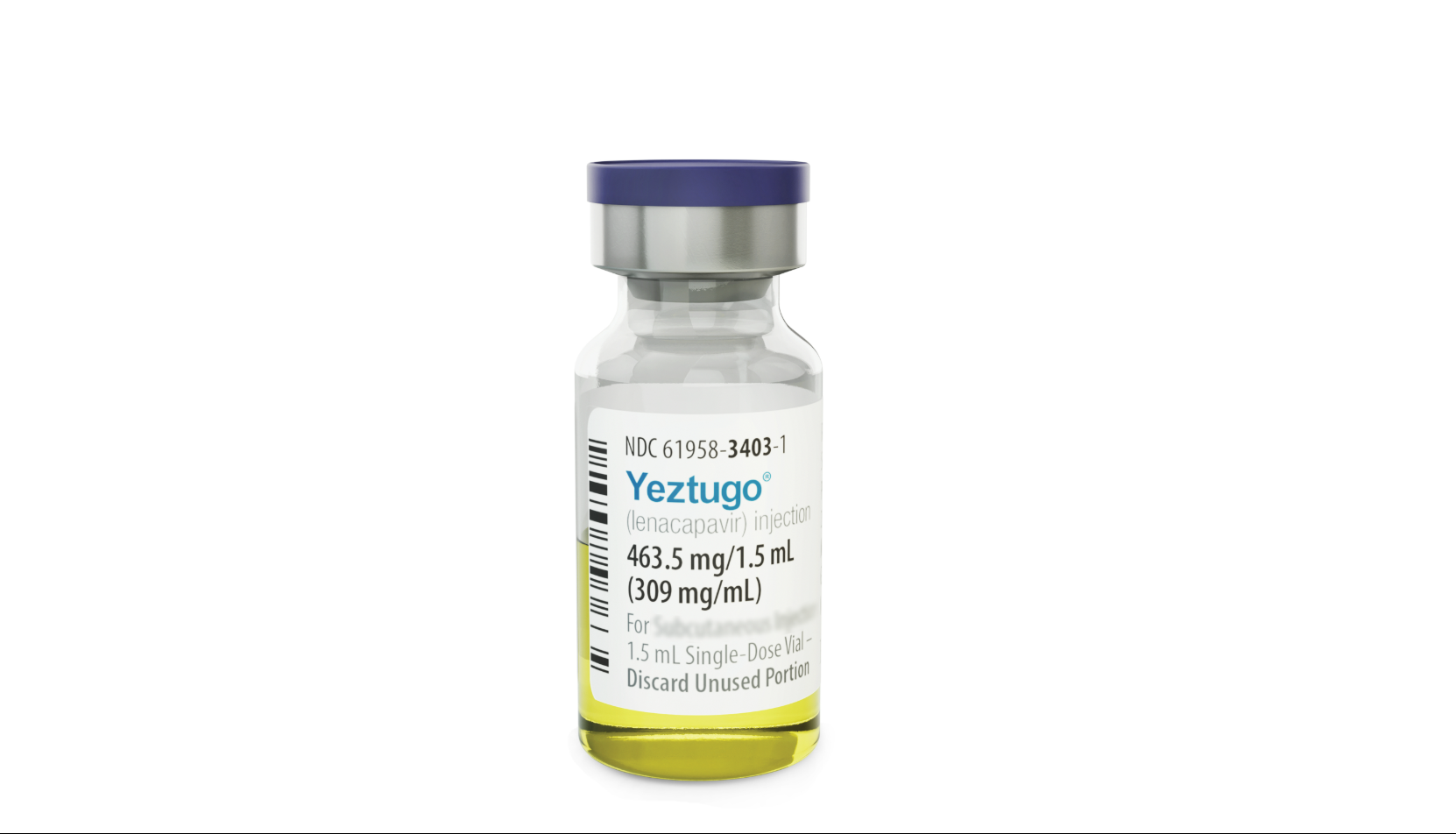Kiwi, a small fruit native to China, is a nutritional powerhouse renowned for its unique flavor and numerous health benefits. This fuzzy fruit, also known as the Chinese gooseberry, is loaded with essential vitamins, minerals, and antioxidants, making it an important addition to your diet

Kiwi is a low-calorie fruit that is exceptionally high in Vitamin C, providing over 80% of the daily recommended value in a 3.5-ounce serving. It also contains Vitamin E, Vitamin K, folate, and fiber, along with minerals like potassium and copper. The presence of these nutrients makes kiwi a versatile fruit in promoting overall well-being. Here, we delve into the myriad of health benefits of kiwi. Here are some of the main benefits of kiwi;
Health Benefits:
Boosts Immune System
Kiwi contains abundant amounts of Vitamin C, which stimulates the body’s immune response. In fact, the kiwifruit contains roughly 230% of the daily recommended intake of Vitamin C. This bold fruit provides a burst of immune-boosting nutrients in every bite. Kiwis are also rich in antioxidants, which help to eliminate free radicals within the body and reduce oxidative stress. Ultimately, this may protect the body from inflammation and disease.
Kiwi, a small fruit native to China, is a nutritional powerhouse renowned for its unique flavor and numerous health benefits. This fuzzy fruit, also known as the Chinese gooseberry, is loaded with essential vitamins, minerals, and antioxidants, making it an important addition to your diet
Kiwi, a small fruit native to China, is a nutritional powerhouse renowned for its unique flavor and numerous health benefits. This fuzzy fruit, also known as the Chinese gooseberry, is loaded with essential vitamins, minerals, and antioxidants, making it an important addition to your diet
Promotes Heart Health
The antioxidant and anti-inflammatory compounds in kiwi, such as carotenoids and polyphenols, contribute to heart health by reducing blood pressure, cholesterol levels, and the risk of atherosclerosis. Studies have shown that incorporating kiwi into the diet can lower the risk of stroke, heart diseases and enhance heart-protective HDL cholesterol.
Enhances Digestive Health
Kiwi is an excellent source of both soluble and insoluble fiber, which aids in regulating blood sugar, supporting healthy gut bacteria, and maintaining regular bowel movements. Much of its fiber is in the skin, so just wash and cut — don’t peel — your kiwi. The fiber in kiwi has been found to improve stool consistency and reduce straining during bowel movements, making it beneficial for individuals with constipation.
Antioxidant Powerhouse
Kiwi contains a combination of Vitamin C and Vitamin E, offering a dual antioxidant effect to combat cell damage caused by free radicals. The consumption of antioxidant-rich kiwis can reduce the risk of diseases, including certain cancers and heart conditions, and boost overall health.
Supports Bone Health
Kiwi is a rich source of vitamin K, which helps the body absorb calcium and build strong bones. Kiwi also contains other nutrients like vitamin C and potassium, which are important for maintaining bone density and preventing osteoporosis.
Balances Gut Health
Kiwi is high in prebiotics, essential for the growth of probiotics or friendly bacteria in the gut. A balanced gut flora is crucial for preventing digestive problems, infections, and conditions like irritable bowel syndrome.
Skin Health
Kiwi is rich in vitamins K, E, C, folate, and potassium, which can help improve skin health. Vitamin C helps support collagen production, which is essential for healthy skin. Kiwi’s antioxidant phytochemicals and flavonoids can also help fight free radicals and promote healthy skin.
Kiwis are a good source of lutein, which helps protect your eyes. They also contain vitamin C and vitamin E, which are important for eye health
Culinary Uses:
Kiwi can be enjoyed raw or incorporated into a variety of sweet and savory recipes. It can be mixed with other fruits to create nutrient-dense salads, blended into smoothies, or used in marinades, dressings, and salsas. Experimenting with kiwi in the kitchen can lead to delightful culinary creations.
Conclusion
Kiwi is a versatile and nutritious fruit that offers a plethora of health benefits, ranging from boosting immune function to promoting heart and digestive health. Its rich nutritional profile and antioxidant properties make it a valuable addition to a balanced diet. Whether consumed raw or included in diverse recipes, kiwi is a delicious way to enhance your health and well-being.
Unlock the health secrets of kiwi by incorporating this nutritional powerhouse into your diet. Explore various recipes and enjoy the myriad of health benefits it offers!
References
WebMD. [Health Benefits of Kiwi] (https://www.webmd.com/diet/health-benefits-kiwi)
Cleveland Clinic. [Kiwi Benefits] (https://health.clevelandclinic.org/kiwi-benefits/)
Healthline. [Kiwi Benefits: Heart Health, Digestion, and More] (https://www.healthline.com/nutrition/kiwi-benefits)










